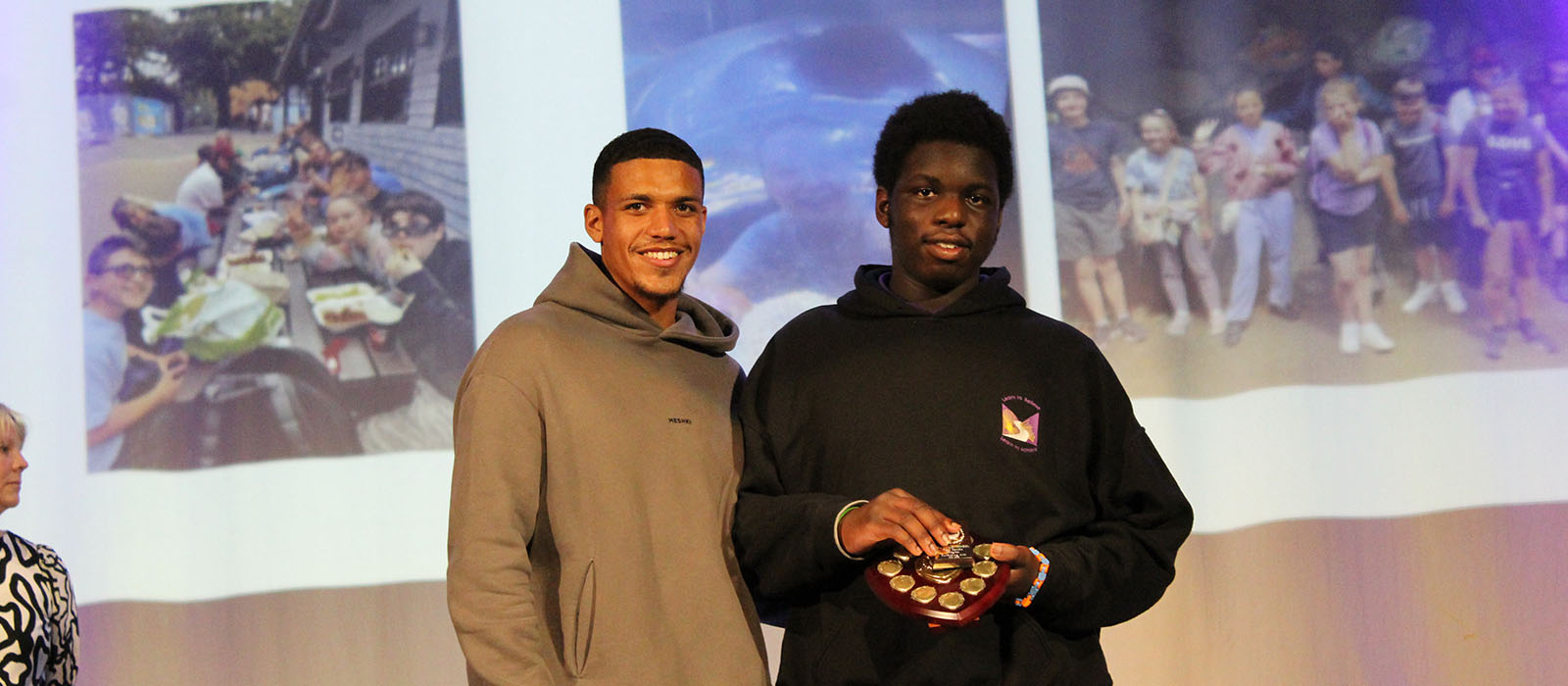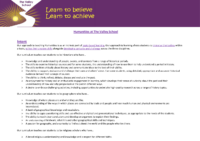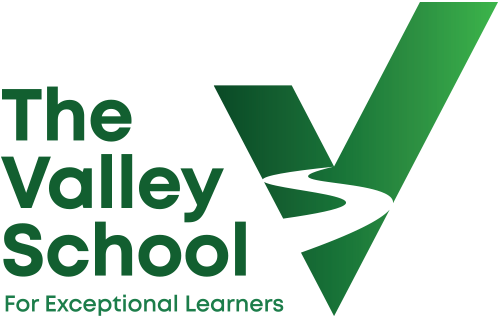Intent – What are we aiming to achieve through our curriculum?
Our approach to teaching Humanities is as an intrinsic part of topic-based learning. Our approach to learning allows students to immerse themselves within a topic, utilise their creative skills alongside developing curiosity and challenge across the three disciplines.
Our curriculum teaches our students to be historians who have…
- Knowledge and understanding of people, events, and contexts from a range of historical periods.
- The skills to examine historical sources and for some students, the understanding of how to use them to help understand a period in history.
- The skills to think critically about history and communicate ideas to the best of their ability.
- The ability to support, evaluate and challenge their own and others’ views. For some students, using detailed, appropriate and accurate historical evidence derived from a range of sources.
- The ability to think, reflect, debate, discuss and evaluate the past.
- An enjoyment for history and an enthusiastic engagement in learning, which develops their sense of curiosity about the past and their understanding of how and why people look at the past in different ways.
- A desire to embrace challenging activities, including opportunities to undertake high-quality research across a range of history topics.
Our curriculum teaches our students to be geographers who have…
- Knowledge of where places are and what they are like.
- An understanding of the ways in which places are connected by trade and people and how much human and physical environments are interrelated.
- A bank of geographical knowledge and vocabulary.
- The ability to apply questioning skills and use effective analytical and presentational techniques, as appropriate to the needs of the students.
- The ability to reach clear conclusions and develop an argument to explain their findings.
- An understanding of fieldwork, what it is and other geographical skills and techniques.
- A passion for geography, and a curiosity to find out about the world and the people who live there.
Our curriculum teaches our students to be religious scholars who have…
- A broad religious understanding and knowledge and a respect for different faiths.
- The ability to ask reflective questions about religion and for some of our students, to demonstrate an understanding of issues related to the nature, truth and value of religion.
- An understanding of how the beliefs, values, practices and ways of life work within the six religions studied.
- Where appropriate, the ability to think for themselves and take the initiative in, for example, asking questions, carrying out investigations, evaluating ideas and working constructively with others.
- Originality, imagination or creativity, which are shown in their responses to their learning in RE.
- The ability to link the study of religion and belief to personal reflections on meaning and purpose.
Implementation – How are we delivering our curriculum?
At The Valley School, we deliver Humanities as an integral part of our topic-based learning. Due to the needs of our students, some areas of the curriculum are visited more than once in order to embed skills and knowledge. As these are consolidated, they are built upon in order to extend students’ understanding.
When constructing the curriculum, consideration was given to ensure an ambitious curriculum with the knowledge and cultural capital students need to succeed in life after their time at The Valley School. Within the boundaries of the National Curriculum, historical events, people and geographical locations have been chosen to represent the diverse world in which we live. The curriculum is enriched by celebrating local and national events throughout the year which enhance historical, geographical and religious learning.
Geography lessons include opportunities to:
- Investigate places
- Investigate patterns
- Discuss geographic subject matter
History lessons include opportunities to:
- Investigate and interpret the past
- Build an overview of world history
Impact – What difference is the curriculum making to our students?
Students will develop the historical, geographical and religious knowledge and skills to help them explore, navigate and understand the world around them and their place in it. Students will develop their knowledge and skills progressively as they move through the school, not only to enable them to meet the requirements of the National Curriculum but more importantly, to prepare them for adulthood.
Assessment in Humanities takes place using a range of formative strategies such as marking and feedback of work and verbal discussions with students, in line with our Marking and Feedback Policy. This monitoring of performance and progress helps to inform future planning and teaching to ensure that any gaps or misconceptions are corrected and to ensure that students develop their Humanities skills at their own pace, as appropriate and dependent upon their individual needs. Individuals or groups who need extra help or further challenge are supported through excellent lesson planning and effective use of Learning Partners.
RSE Learning Journey
Humanities Learning Journey
Year 7
Year 8
Year 9
Year 10
Year 11










